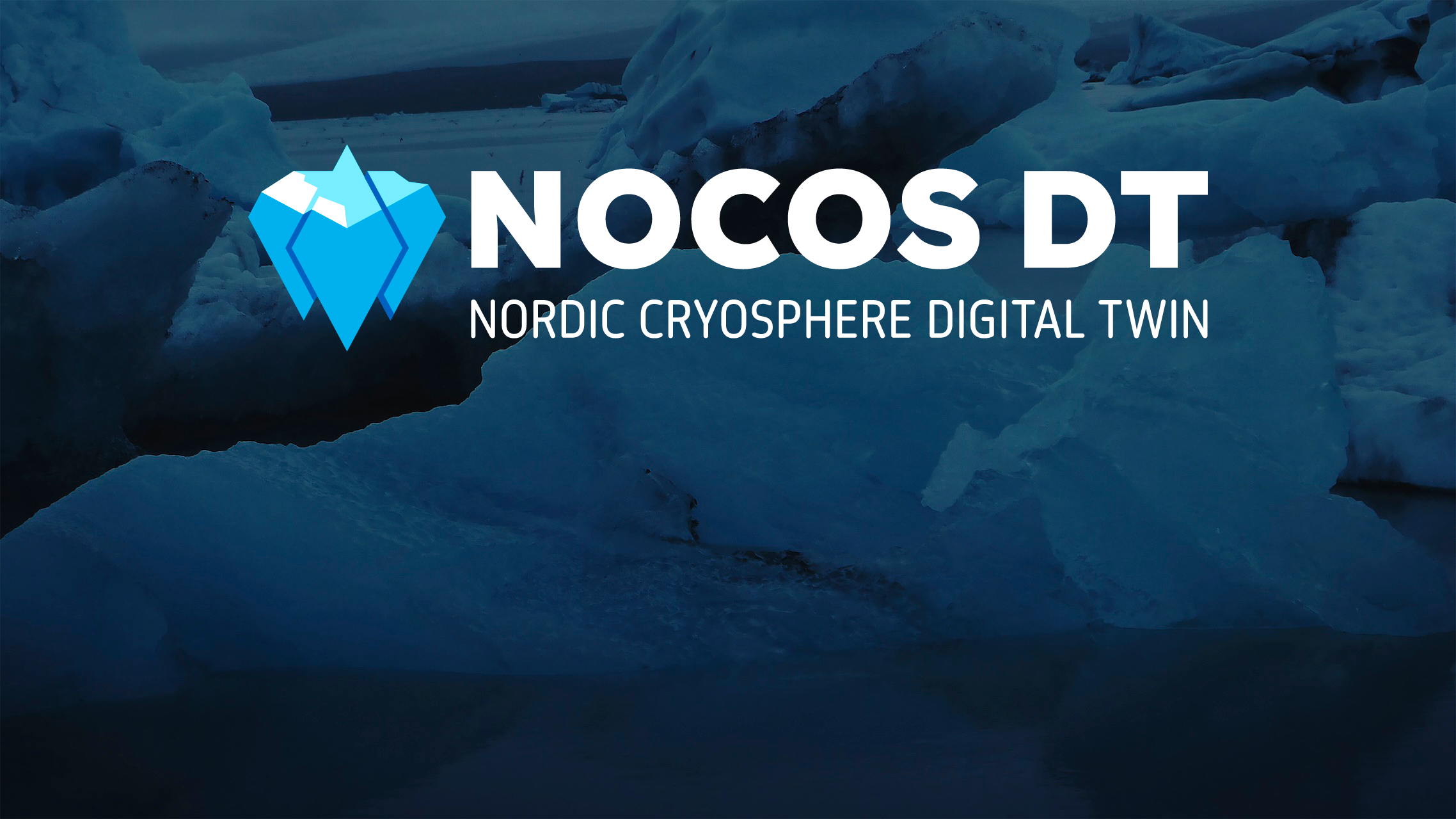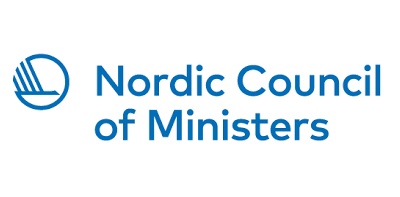
NOCOS DT Phase 2
NOrdic CryOSphere Digital Twin
The Nordic Cryosphere Digital Twin (NOCOS DT) project aims to explore and pilot the digital twin technology opportunities and showcase how outputs from key initiatives like the Destination Earth (DestinE) Climate Change Adaptation Digital Twin (Climate DT) could be leveraged for key sea-ice impact sectors in the Nordic and Baltic context.
By enabling simulations at an unprecedented scale and resolution, the DestinE Climate DT aims to provide a more detailed representation of the Earth system.
In Phase 1, the NOCOS DT project focused on preparatory work to pilot novel calculations of navigation-risk indicators and other user-relevant sea ice climatologies. Additionally, it looked at the potential use of this new information system and other climate data in marine spatial planning.
The Phase 2 of the project focuses on applying the discrete element model (DEM) to drift ice dynamics and studying its statistical behaviour in detail. The code development continues in order to utilize the Climate DT simulations for an estimation of probabilities of sea ice related hazards now and in the future. Also, the algorithms for calculating the marginal ice zone (MIZ) are further refined, and the development of a Python package to prepare for the Climate DT data continues. During the Phase 2, the landfast sea ice tool and the developed MIZ tools are integrated into Climate DT.
CSC coordinates the NOCOS DT consortium which brings together the Danish Meteorological Institute (DMI), the Finnish Meteorological Institute (FMI), the Norwegian Meteorological Institute (MetNo), the Swedish Meteorological and Hydrological Institute (SMHI) together with Tallinn University of Technology, Department for Marine Systems (TalTech).
CSC leads the activities on the modelling of sea ice breakup into drift ice and its dynamics (DEM-based sea ice model development) and the stakeholder engagement efforts. Additionally, CSC actively contributes to the work around the common framework and sustainability recommendations.
The NOCOS DT project is funded by the Nordic Council of Ministers.

Rahoittaja
The Nordic Council of Ministers